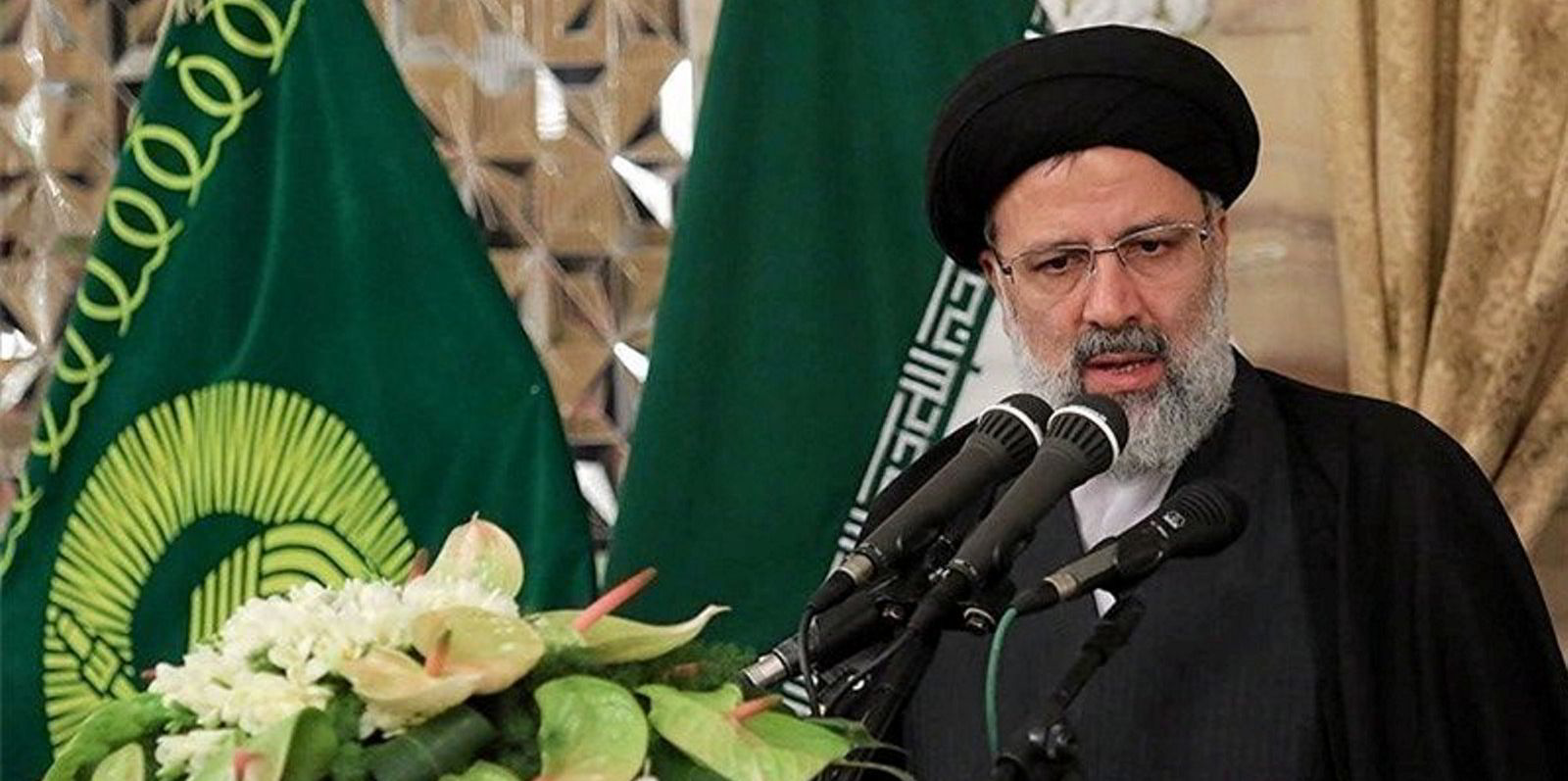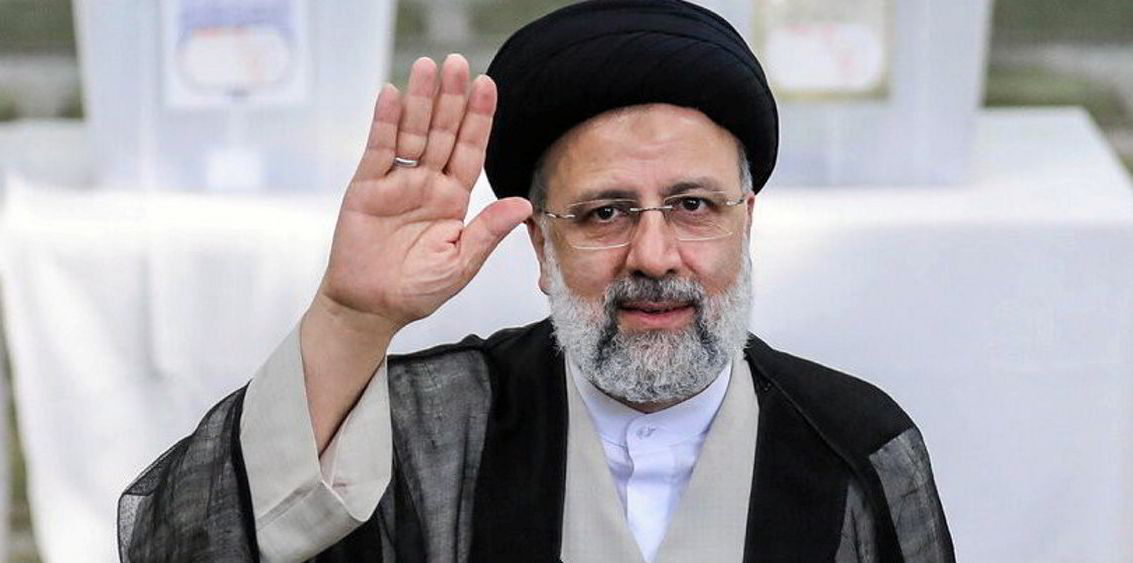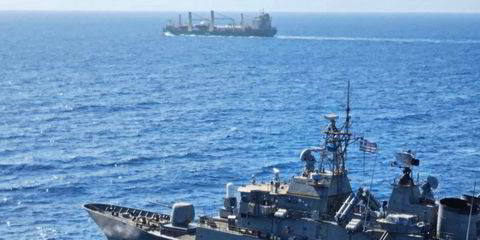Iran is more frequently deploying its own tankers as competition for the so-called “dark fleet” intensifies.
United Against Nuclear Iran (UANI), a New York-based group that supports the US sanctions regime, identified 16 ships that switched from carrying Iranian oil to Russian oil, pushing Iran to deploy nine of its own ships to pick up the slack.
“Notable in July was a marked increase in Iran’s use of its National Iranian Tanker Co (NITC) vessels and other Iranian-flagged tankers versus non-sanctioned foreign-flagged tankers,” the organisation said in its monthly tanker tracking note.
“For July, we estimate 68% of oil shipments were sent on NITC tankers compared to 42% in June and 55% in May.”
UANI said Iran’s oil and gas export revenues jumped to $39bn for the fiscal year ending in March 2022 from $22bn for fiscal 2021, on the back of Tehran’s willingness to deploy its own fleet.
The group said that in addition to the shifting trades, UANI said growing Iranian exports to Venezuela pushed NITC ships into service — although the group estimated Iran sent no oil to Venezuela in July after two sequential monthly increases — and sanctions levied in May against an alleged military-backed oil smuggling network.
There have been several suggestions that the dark fleet, the ageing tankers used by less-scrupulous shipowners to carry sanctioned cargoes, could begin carrying Russian oil as much of the developed world searched for new energy sources following February’s invasion of Ukraine.
The trade shifts, prompted by sanctions against Russian companies and port bans for Russian ships, has Europe pulling more oil from the Middle East and the Atlantic basin, while Russia begins selling its oil to China and India.
Of the 16 ships shifting to the Russian trades, shipping databases show most are smaller tankers, with only three VLCCs listed. Many are registered in Panama or Liberia, with one in the Marshall Islands. Several show Chinese ownership and management.
UANI said it expects the roster of ships shifting away from Iran and toward Russia to grow.
Ships willing to trade illicit cargoes — which number anywhere from 150 to over 200 depending on the source — have been a bugaboo for tankers.
The ships tend to be older and should be scrapped, constricting fleet supply, but instead continue trading, carrying sanctioned cargoes at a premium, owners have argued.
They have also been hopeful that US and Iran could come to an agreement on sanctions relief, which could add at least 1m barrels per day into international markets, although a deal seems remote after several rounds of talks have failed.






